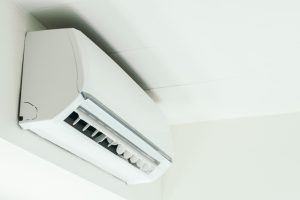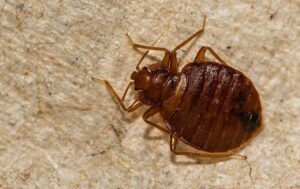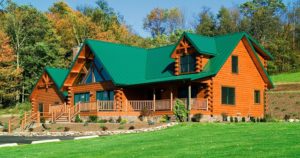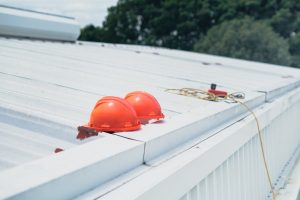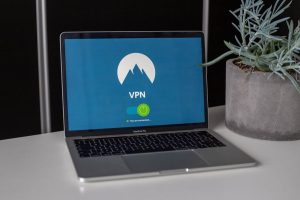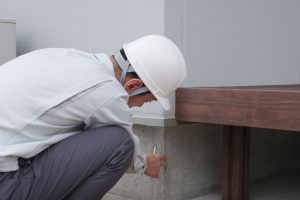5 Easy to Follow Tips to Keep Your Home Safe and Secured

Home security and safety are a topmost concern of many homeowners. It’s not uncommon to hear news about home intrusions, burglaries, vandalism, and other property crimes. In most cases, these unwanted events are due to neglect of homeowners– and are actually preventable. By securing all access, ensuring continuous surveillance, and maintain your property, you protect your home, valuables, loved ones, and yourself too.
But crimes against properties are not the only risks at home. Safety concerns, such as fire, flooding, trips, falls, poisoning, and other health risks all pose danger to you and your loved ones. Many of these potential hazards can happen due to lack of responsibility and plain neglect. Being proactive can keep your home truly safe from these unfortunate events.
Unfortunately, when you live in a comfortable and seemingly secure home, it can be easy to overlook all these potential safety and security risks. Complacency and neglect increases the likelihood of these dangers to become a reality.
To help safeguard your property and your loved ones, we list some tips to help you analyze and identify potential hazards around your home.
Ensure adequate home security
As highlighted above, safety and security risks are among the biggest threats that homeowners need to confront. These can be crimes against property, such as intrusion and burglary, or safety hazards, such as flooding and fires. To avoid potentially unwanted consequences, you should invest in and maintain a reliable home security tools.
But crooks are also becoming astute by the day. They can pull off some clever tricks to get past conventional home security techniques. Fortunately, there are modern home security tools that are guaranteed tamper-proof. The best keyless door locks are extremely difficult to open, hence, offer better security. There are home alarm systems that send automatic alert to your smartphones. Some are even equipped with smoke and carbon monoxide detectors that can warn you in case of possible fire.
Developing an emergency action plan for your household, such as having an evacuation plan and emergency meeting place, is recommended. Make sure everyone in the household knows these action plans. Never share critical home security details, keys and codes with other people. If you’ll be away for some time, don’t broadcast it on social media. It would also help to ask someone you truly trust to check on your home while you’re out. Installing additional security devices such as motion detector lights and CCTV cameras would also be beneficial.
Maintain safety housekeeping continuously
There are numerous safety hazards that lurk around your home. To minimize the chances of any unwanted mishaps, you need maintain basic safety practices and follow good safety housekeeping measures.
Trips and falls are among the most common safety hazards at home. But this can be prevented by de-cluttering. Keep the stairways, hallways, and doors free from any clutter that can cause tripping. Store things within easy reach, or use a stepstool or ladder to safely access elevated storage spaces.
If your household includes babies or young children, you should consider investing in additional safety precautions. You can check out baby gate reviews to learn more about how these can help ensure a safer home for your young ones. Meanwhile, if your home is intended for senior care, you should make necessary arrangements to make your abode suitable to their mobility restrictions.
Lock up hazardous chemicals or materials, such as cleaners, solvent, car liquids, etc. As much as possible, throw away all unnecessary and unused stuff, particularly those that are flammable and health risks. Make sure to unplug household appliances when not in use or whenever you’re leaving.
Be aware of home fire safety
Home fires are both extremely destructive and life-threatening. Although it’s impossible to eliminate all potential fire hazards, there are some steps you can do ensure that these risks are mitigated and home fires are prevented.
When cooking, never leave the stove, oven, or other heated equipment unattended. It is best to set a timer to alert you when you’re cooking is complete, especially that it can be very easy to forget what you’re doing. Make sure counter surfaces are free of clutter and flammable objects such as air freshener, oil, grease, etc. Never leave any sources of flame, such as candles, fireplace, or lamps, unattended. If ever using these, place it on a non-flammable surface and an area that is free from fire risk.
Check electrical hazards
Poorly maintained electrical outlets, wiring, and installations pose tremendous safety risks. Inspect for any frayed, damaged or exposed cords and wires, and have them replaced. Remove faulty or obsolete electrical appliances. Don’t attempt to repair electrical units, unless you have adequate training and protective gears. You better leave all electrical works to a certified contractor. However, if you are to fix or replace minor electrical accessories, such as light bulbs, switches, or outlets, make sure to follow the correct procedure and use safety equipment at all times.
Avoid overloading your electrical outlets. Make sure you use only reliable electrical products that have undergone proper evaluation and testing.
Be always ready
Although you don’t want any disaster or dangers to happen, it pays to be always prepared for such eventualities. Prepare all the typical emergency supplies such as a first-aid kit, basic survival kit, medicines for common illnesses, and emergency contact numbers. Check your emergency lights to see that they are charging and working fine. If possible, invest in a standby generator that you can use in case of power outages.
Preparing for mishaps requires awareness and practice. Make sure everyone at home knows what to do in case any of these unwanted events occur. You can also practice your evacuation plan to ensure everyone knows what to do.
Hopefully, these steps discussed above can get you to action and make your home a safe haven.

